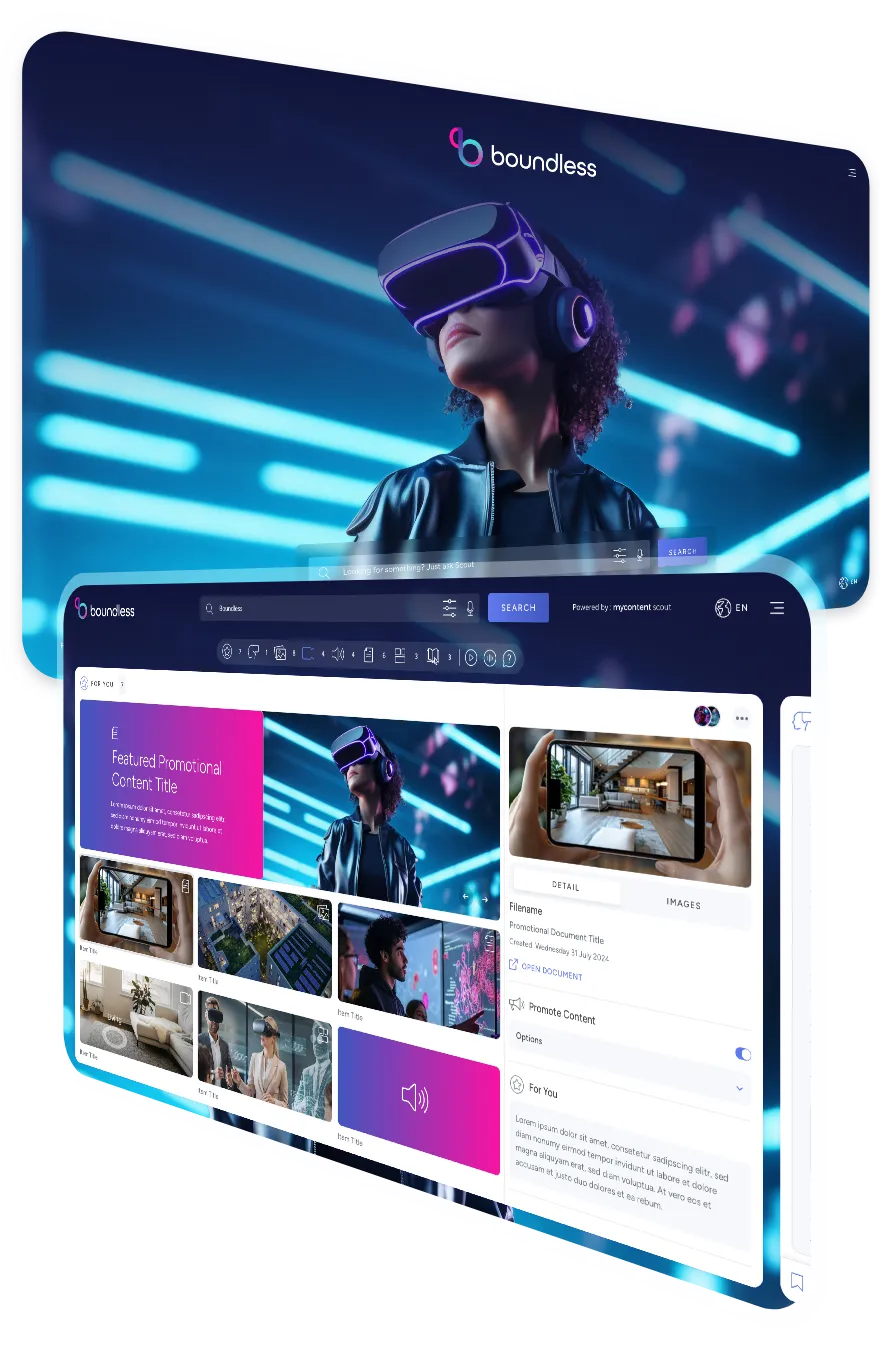
Even in highly automated workplaces, bringing new employees up to speed remains a challenge. According to SHRM, organisations with structured onboarding see 50% greater new hire retention and 54% higher productivity. Research from Brandon Hall Group shows that organisations with strong onboarding processes improve new hire retention by 82% and productivity by over 70%. Yet, traditional onboarding often relies on static documents, email threads, and in-person sessions that are slow, inconsistent, and resource-heavy.
For HR teams, managers, and team leads, onboarding represents a significant investment of time. They must field countless repetitive questions, track progress across systems, and ensure compliance with company policies, all while balancing their core responsibilities. The stakes are high: 20% of employee turnover occurs within the first 45 days of employment, and 86% of new hires decide whether to stay with a company within their first six months. Delays in ramp-up don't just affect new hires; they also affect teams who depend on their contributions, compounding operational inefficiency.
Moreover, the complexity increases in large enterprises where processes, tools, and knowledge are dispersed across multiple platforms. New hires may struggle to find accurate information quickly, leading to confusion, frustration, and ultimately, slower productivity.

AI offers a fundamentally different approach. Rather than relying on static manuals or human memory, AI-powered knowledge systems provide instant, consistent answers to employee questions. These systems can integrate across HR platforms, internal wikis, and communication tools, delivering contextually relevant guidance at the moment it's needed.
A tool like MyContentScout exemplifies this approach. It empowers HR and managers to centralise onboarding knowledge and provide new hires with a "single source of truth." By leveraging natural language processing, AI can interpret questions in everyday language and offer precise, actionable responses without delay.
The benefits extend beyond convenience. AI reduces dependency on human intermediaries, freeing HR staff and managers from repetitive queries. It also ensures consistency, so every employee receives the same high-quality guidance, critical for compliance-heavy environments.
AI-driven onboarding platforms like MyContentScout can be applied in several practical ways:
New hires can query the system for benefits, leave policies, or IT setup instructions and receive clear, up-to-date guidance. This eliminates the need to sift through long handbooks or email threads.
AI can tailor content based on the hire's role, department, or location. For example, a sales associate might receive information on CRM workflows, while a software engineer gets documentation relevant to coding standards and internal tools.
Beyond answering questions, AI can proactively guide new hires through learning paths, task checklists, or mandatory training modules, ensuring that critical milestones are met without manual intervention.
The AI system tracks which questions are asked most frequently, highlighting areas where documentation may be incomplete or confusing. This enables HR teams to improve onboarding content over time, creating a virtuous cycle of efficiency.

The business case for AI-powered onboarding is compelling. According to Gartner, organisations that adopt AI-driven knowledge access can cut onboarding time by up to 50%, while also improving employee engagement and retention. Companies using AI for onboarding have seen a 50% improvement in new hire time-to-productivity, enabling faster contribution to business goals.
Faster ramp-up translates directly to cost savings. Consider a mid-sized enterprise hiring 500 employees annually. Reducing the average time to productivity by half could free thousands of manager hours and accelerate contributions from new hires. When new hires operate at only 25% of their full productivity during the first 30 days, organisations face significant opportunity costs—costs that AI-powered onboarding can dramatically reduce.
Equally important is the impact on employee experience. A structured, AI-supported onboarding process reduces early-stage confusion, mitigates frustration, and fosters confidence. New hires feel supported and empowered, which has been shown to correlate with long-term retention and job satisfaction (LinkedIn Talent Solutions).
Introducing AI-powered onboarding requires more than just a tool. Enterprises need a strategic approach:

The adoption of AI in onboarding represents a broader shift in how enterprises approach workforce productivity. According to recent McKinsey research, AI-powered automation could unlock $2.9 trillion in economic value in the United States by 2030, with organisations that redesign entire workflows around AI seeing the greatest gains. Like other AI-driven transformations, benefits are unevenly distributed if deployment is ad hoc. Thoughtful implementation ensures that HR teams, managers, and new hires all gain measurable value.
Enterprises that leverage tools like MyContentScout are not just accelerating onboarding, they are creating a more consistent, scalable, and engaging experience. By reducing ramp-up time and supporting new hires from day one, organisations can optimise both operational efficiency and human capital investment.
AI-powered onboarding doesn't replace HR expertise; it amplifies it, allowing teams to focus on strategic initiatives rather than repetitive administrative tasks. In a competitive talent market, this advantage can be decisive.

Get in touch with our team to arrange a demo of MyContentScout and see how it could transform your workflow with AI search, content analysis and categorisation, saving you time and providing smart insights from various sources.
